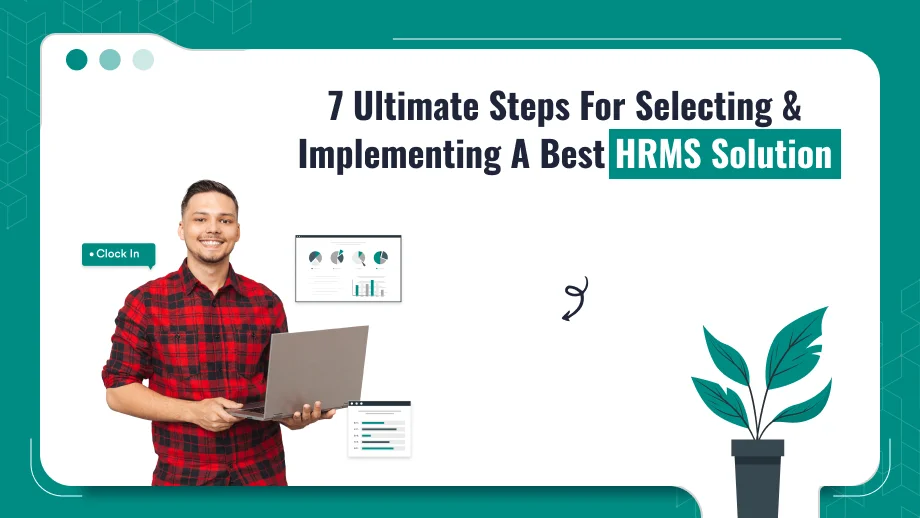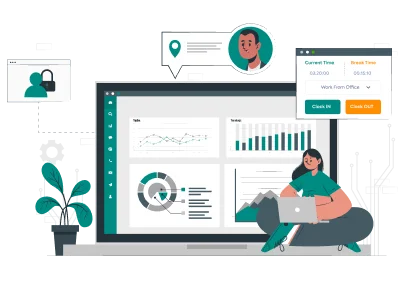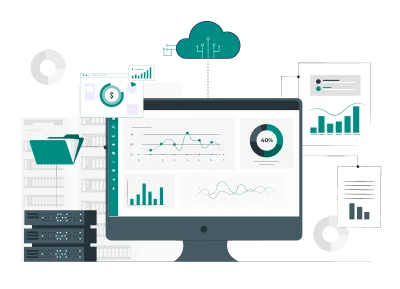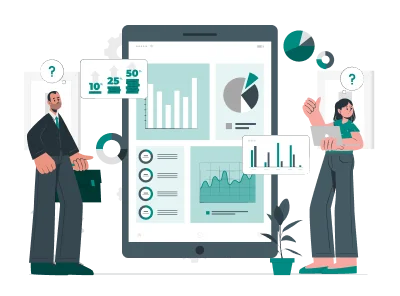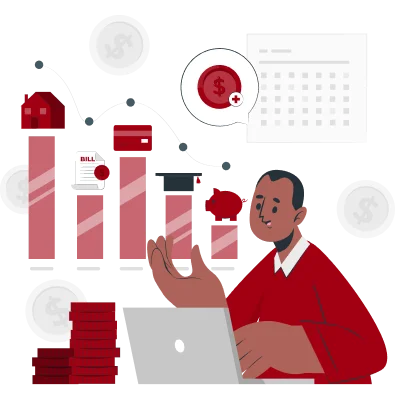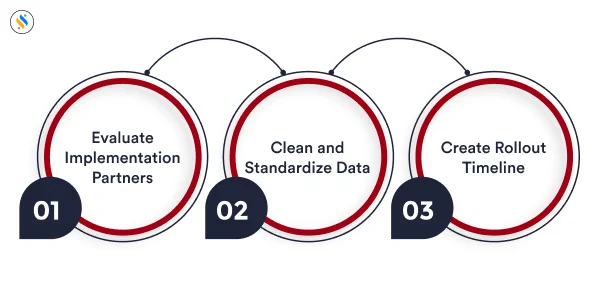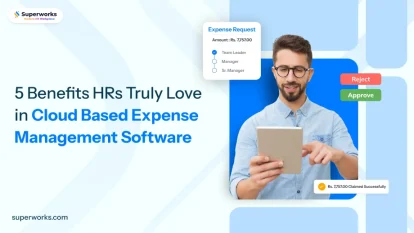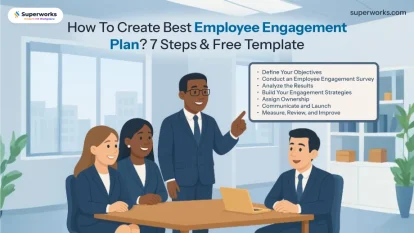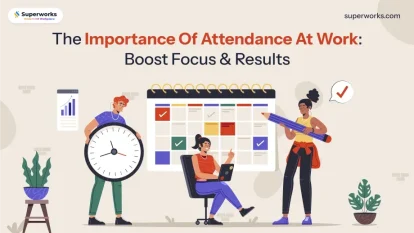An HRIS (Human Resource Information System) is a software platform that integrates a long list of HR functions into one system, such as;
- employee data management,
- payroll,
- recruitment, and
- performance tracking, and many more.
This crucial integration helps organizations to directly streamline each and every HR process, improve efficiency, and enhance employee management multiple times.


